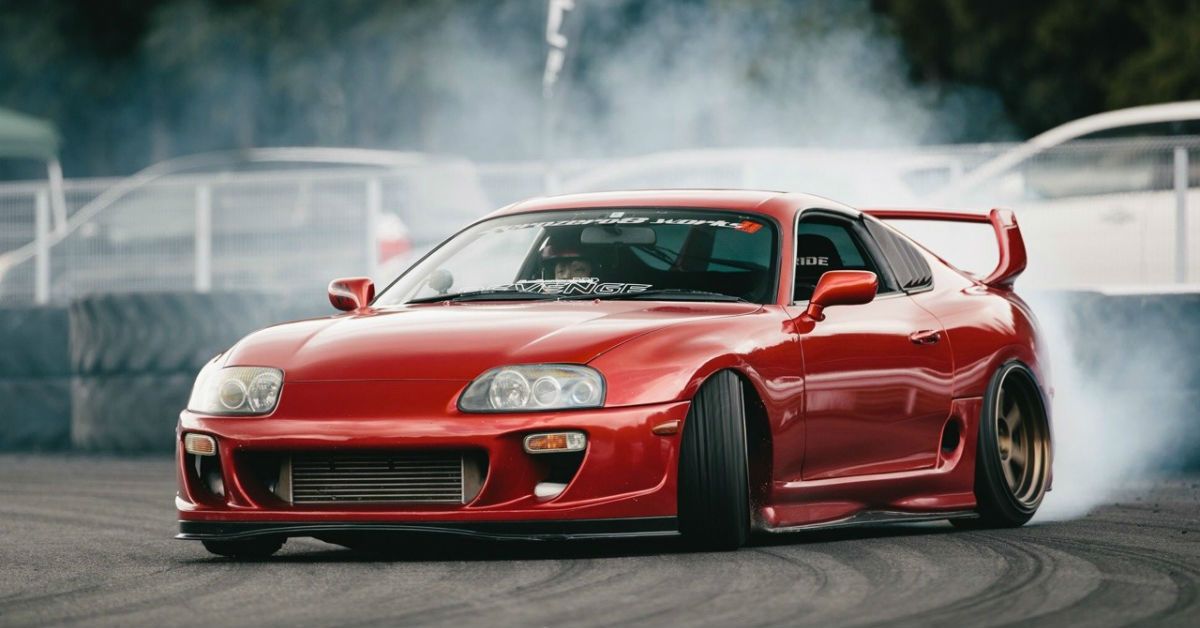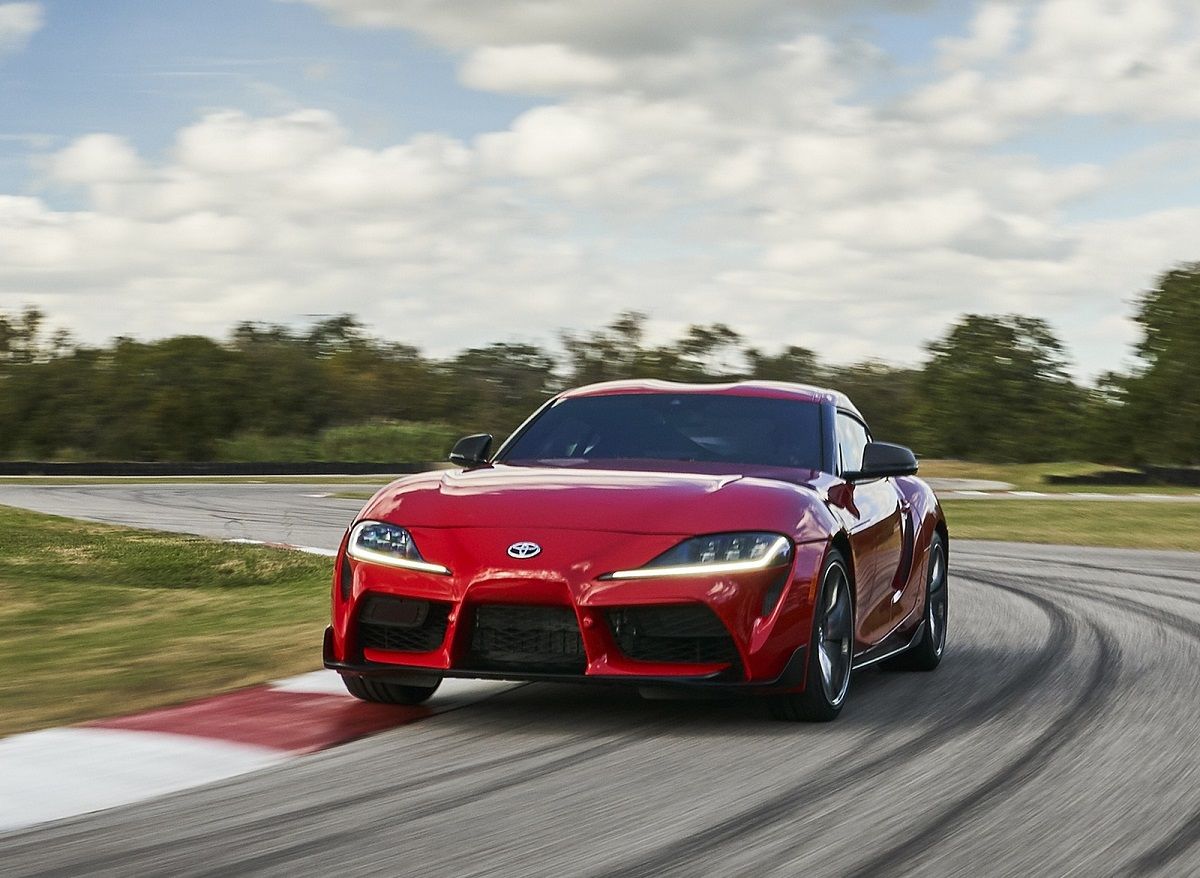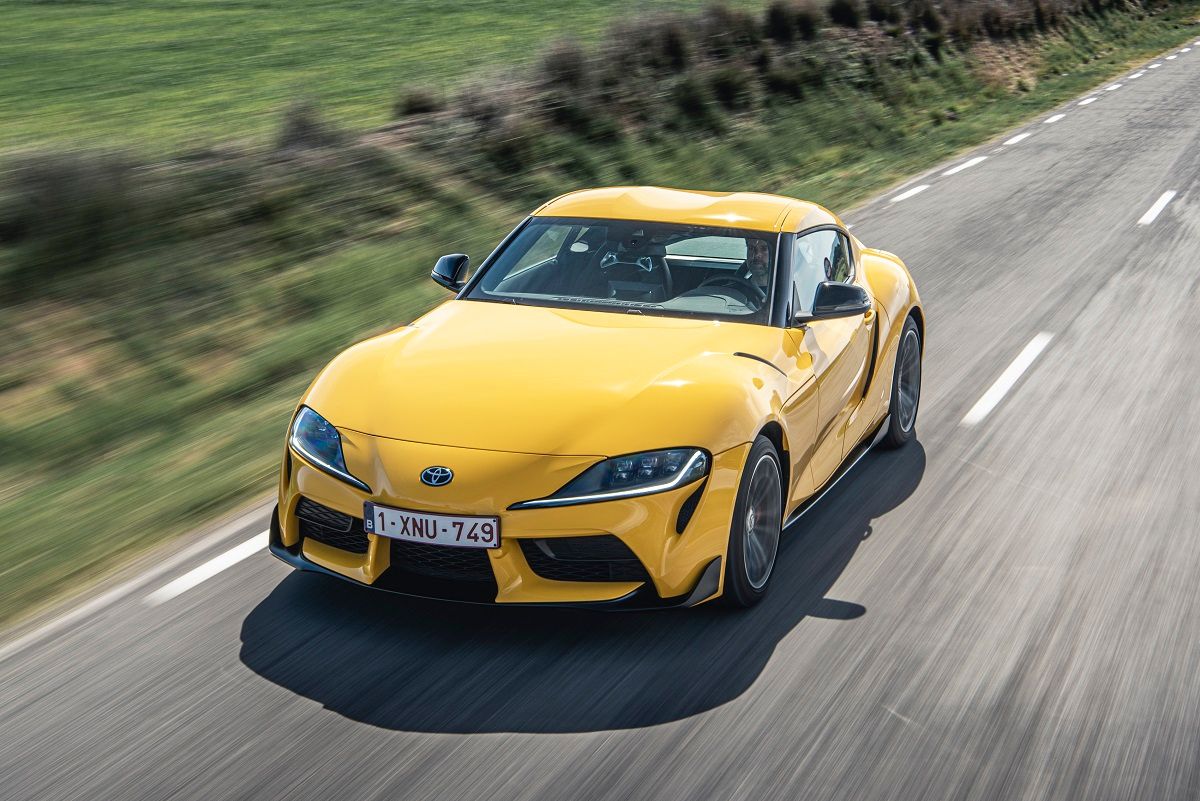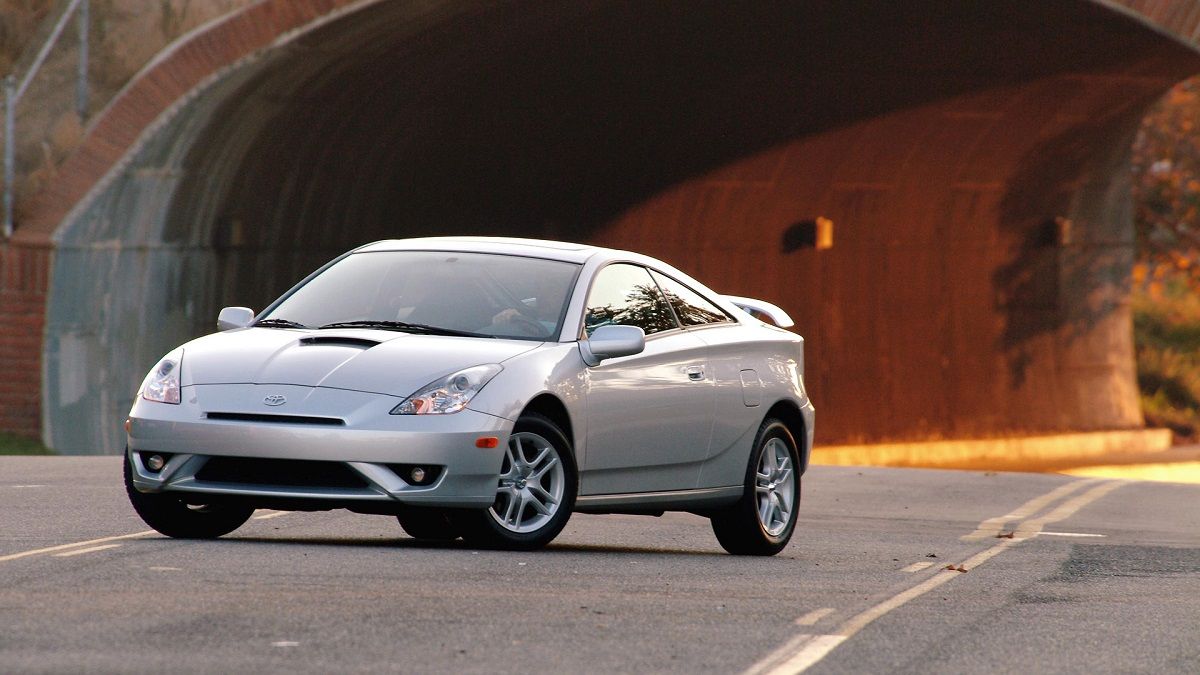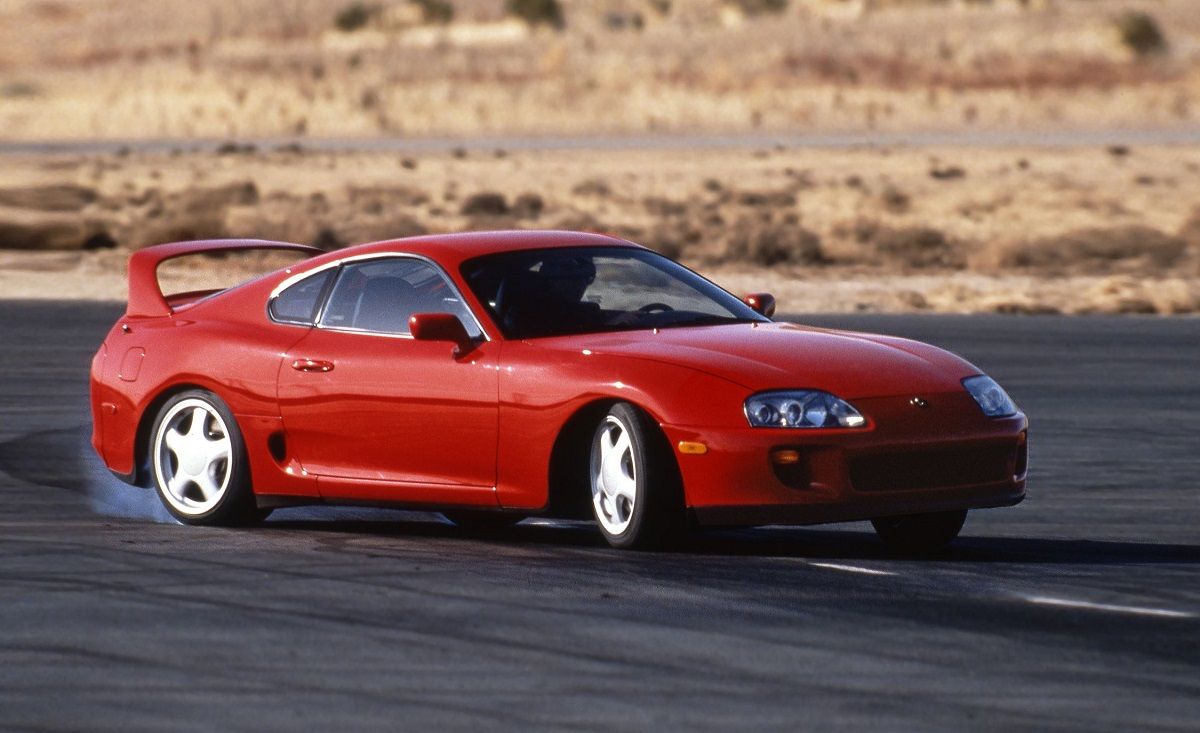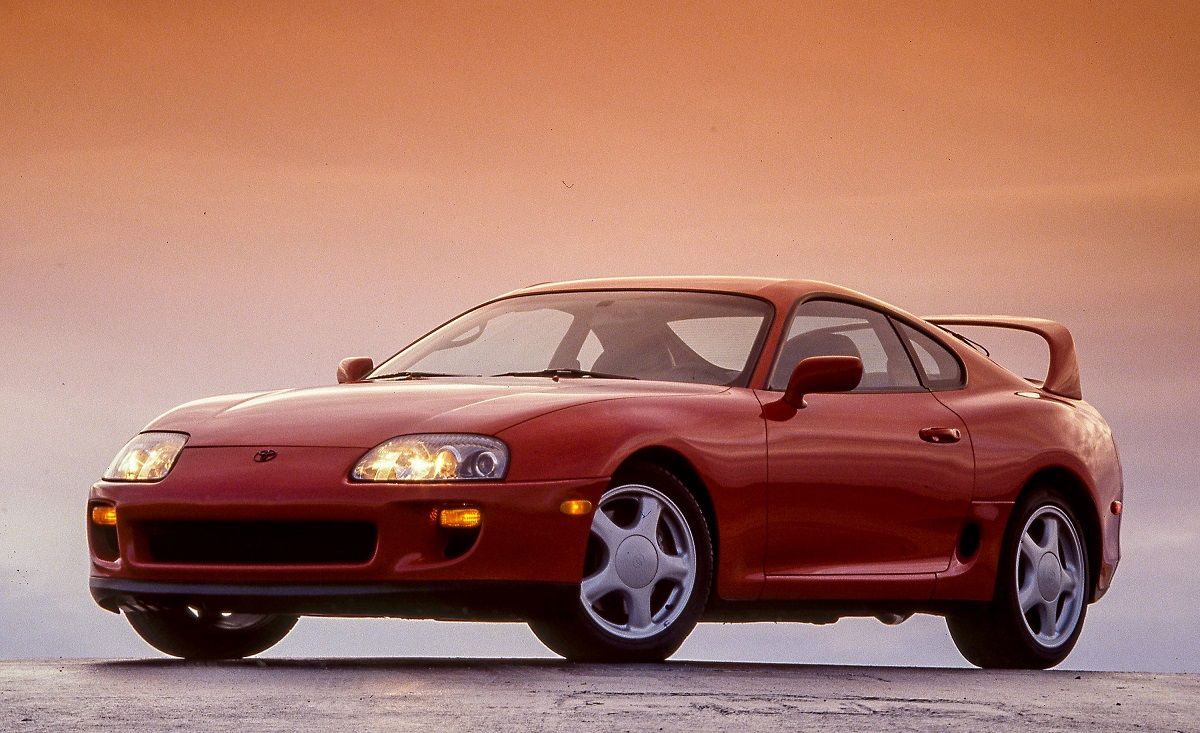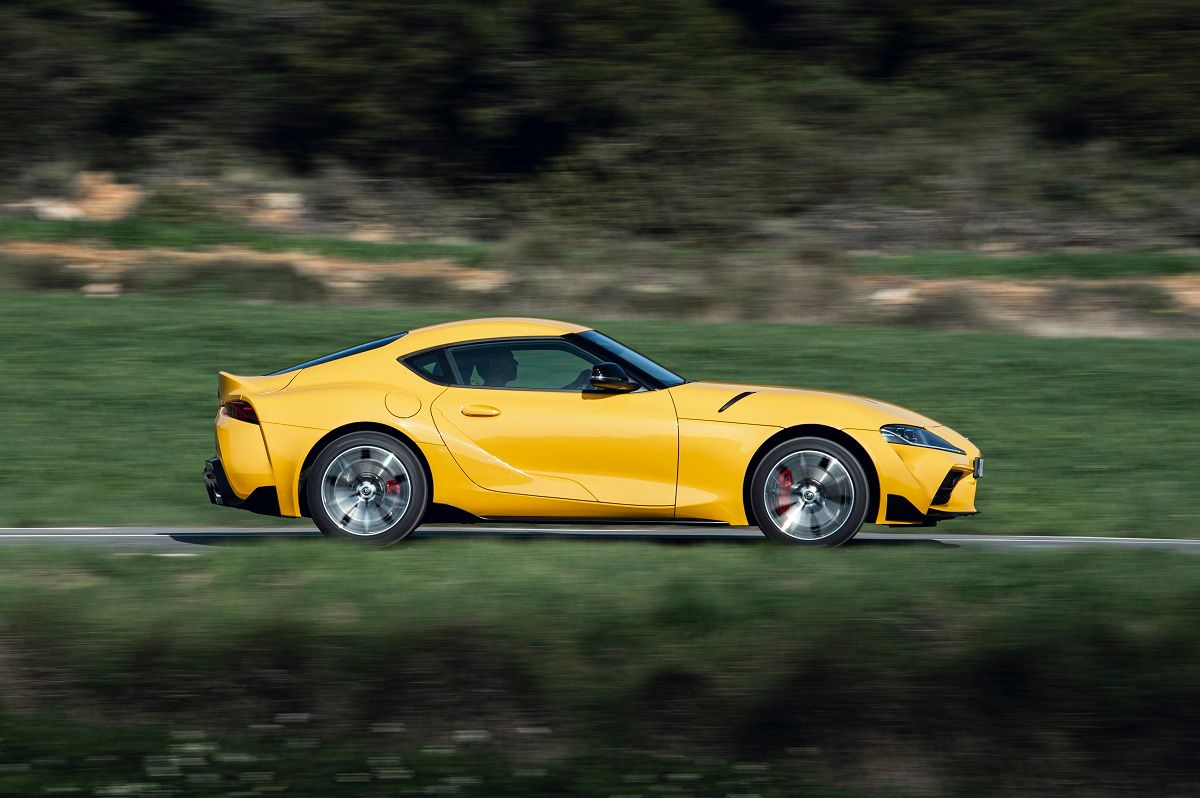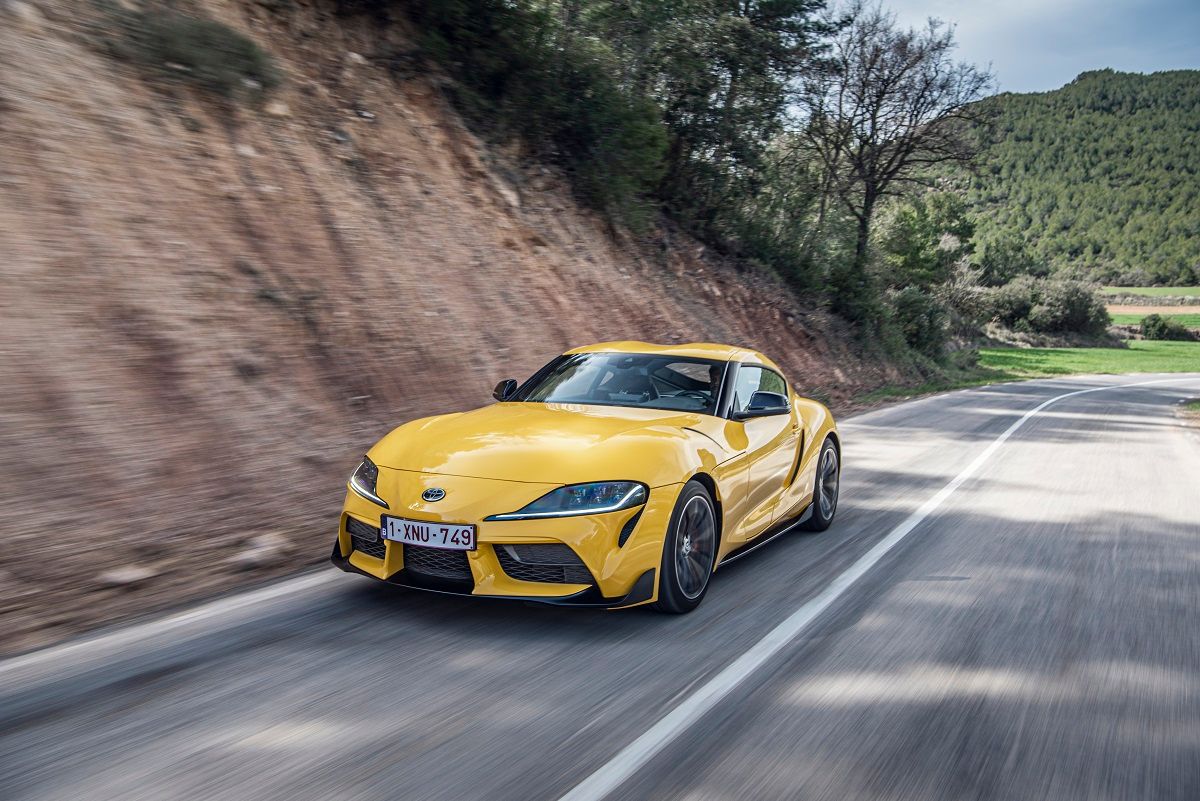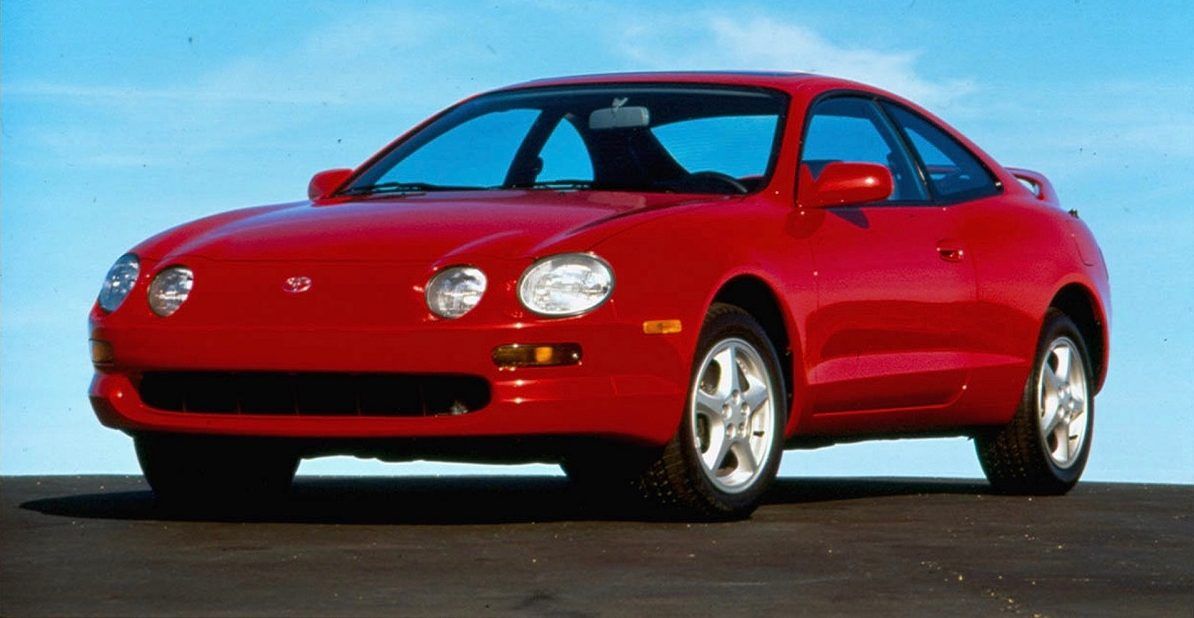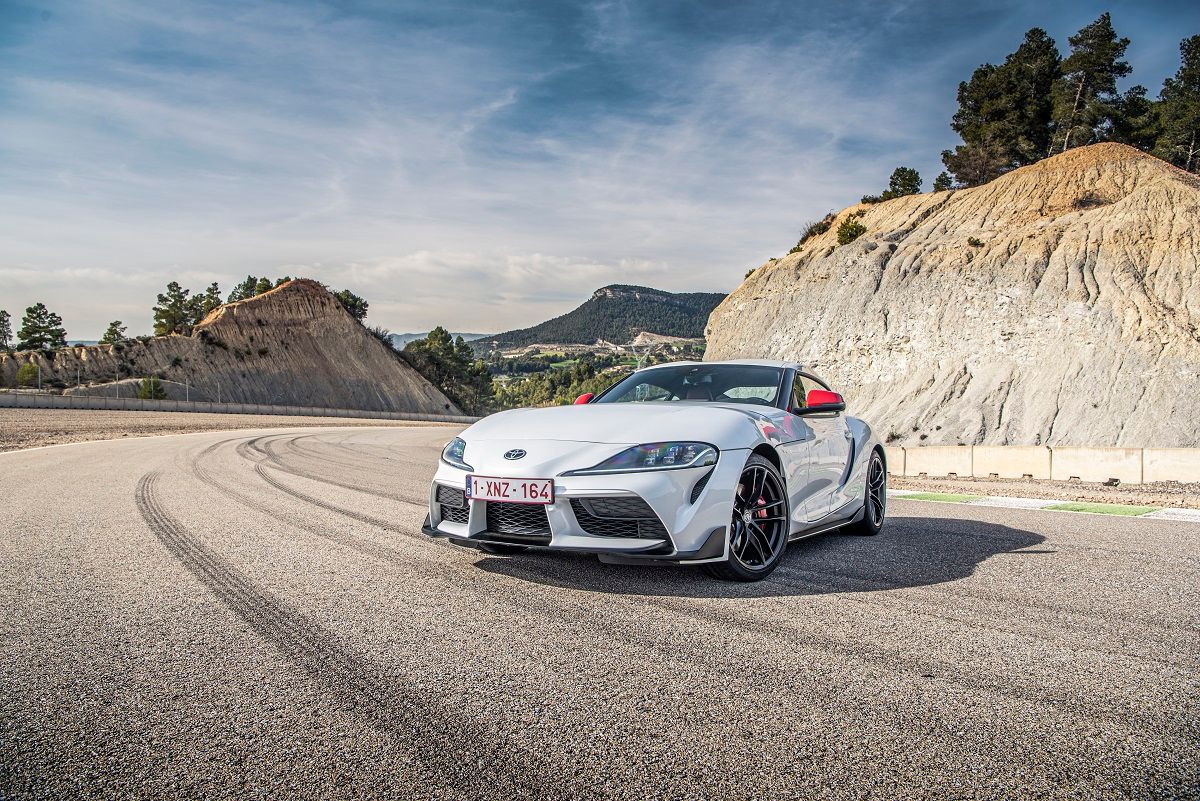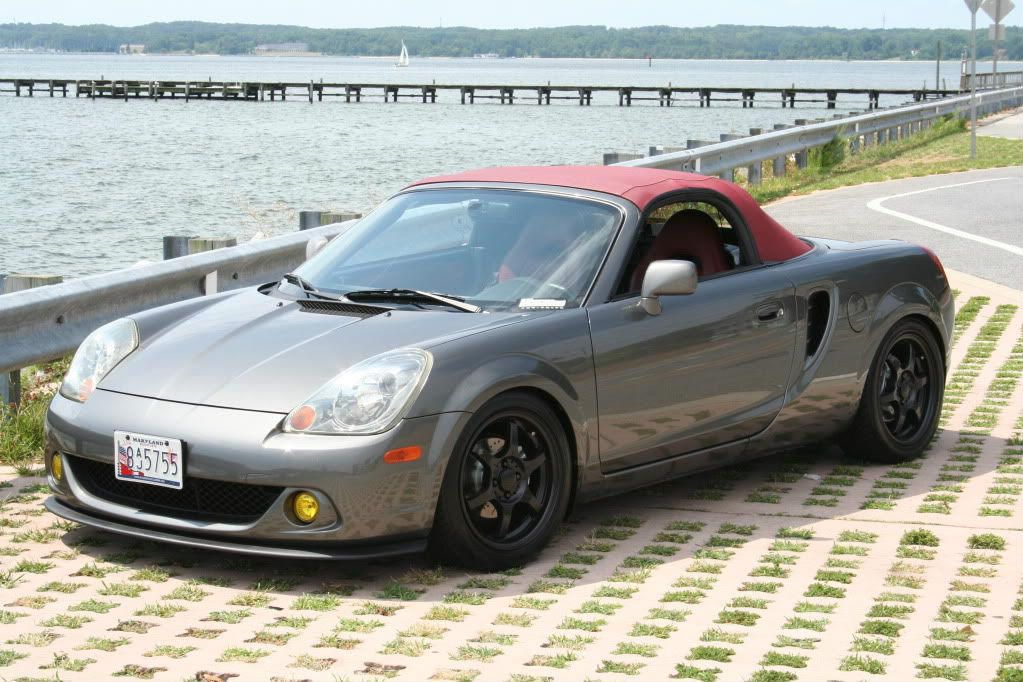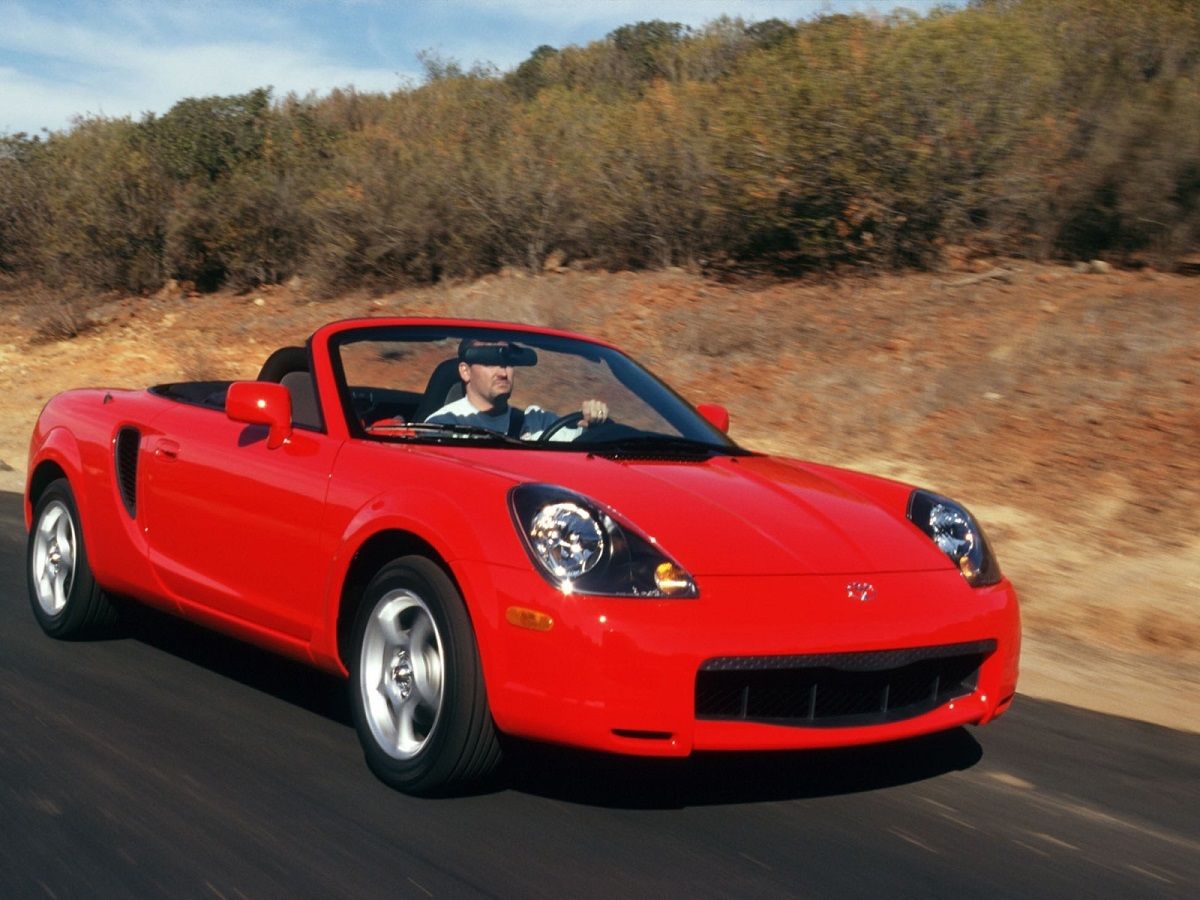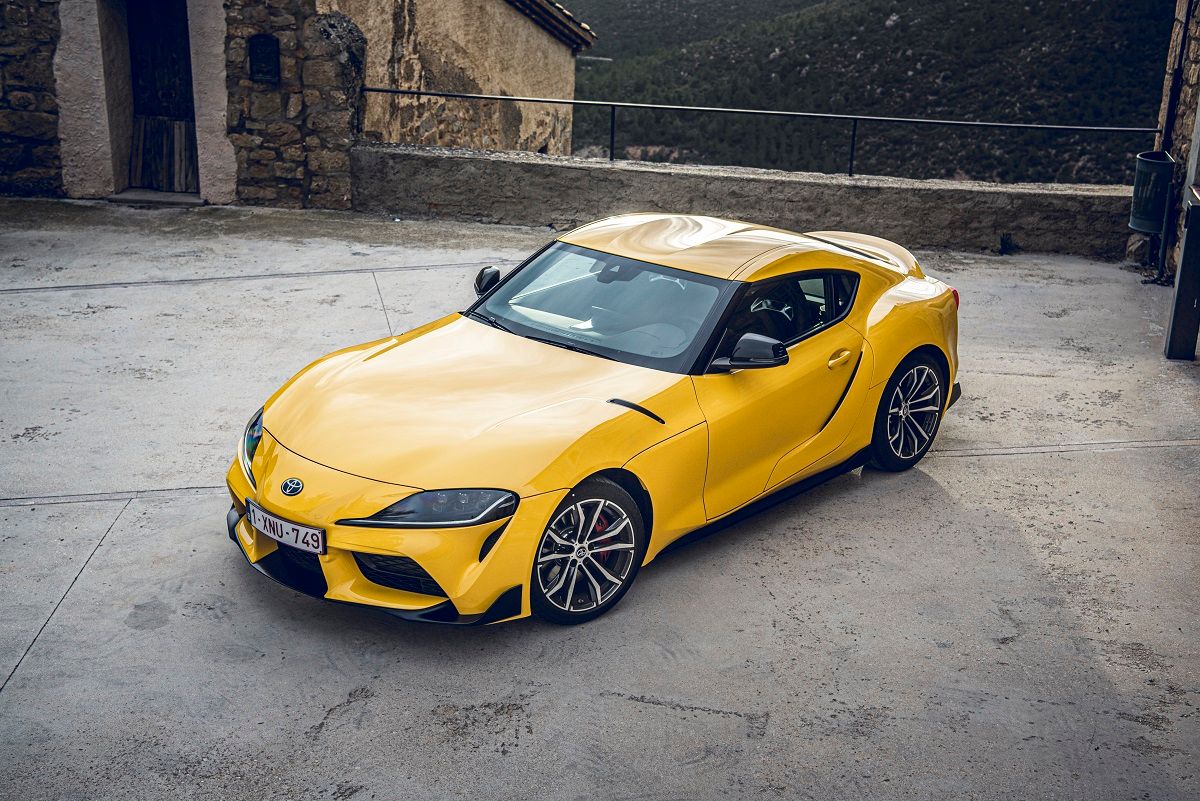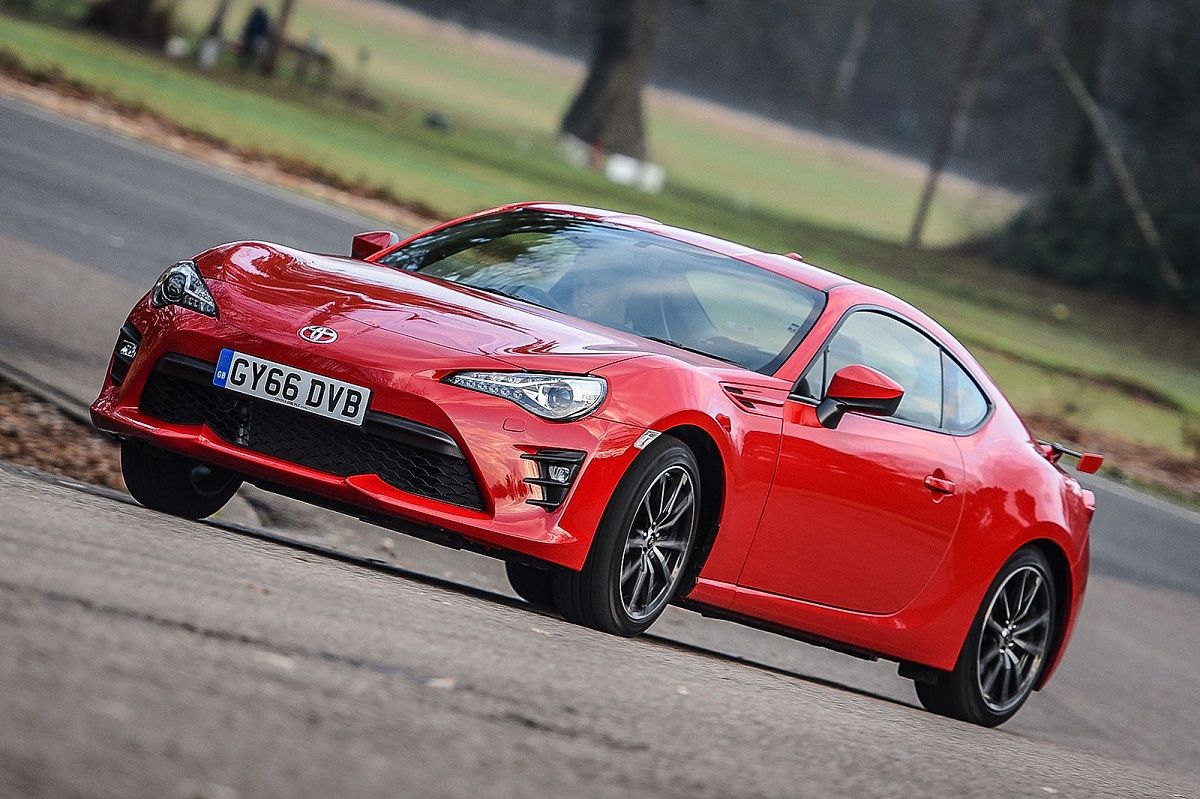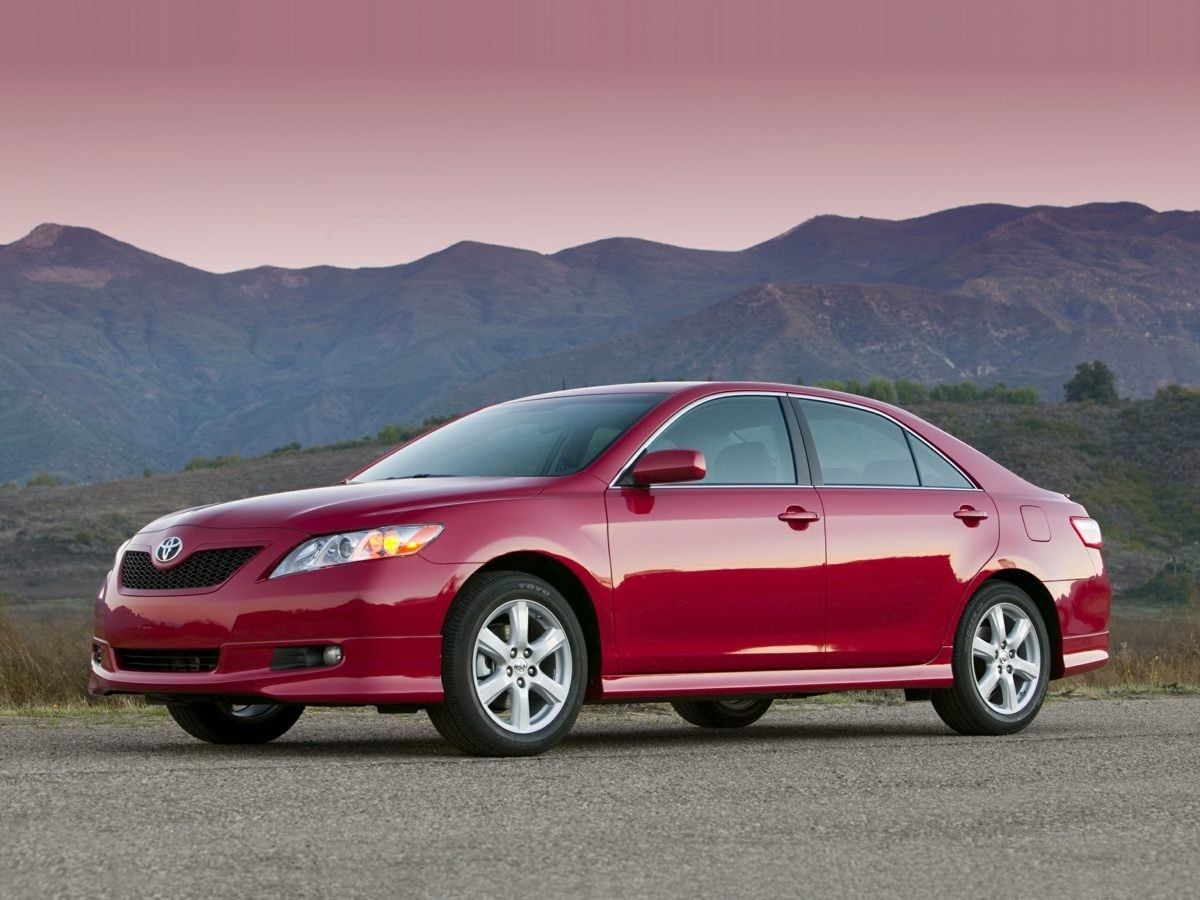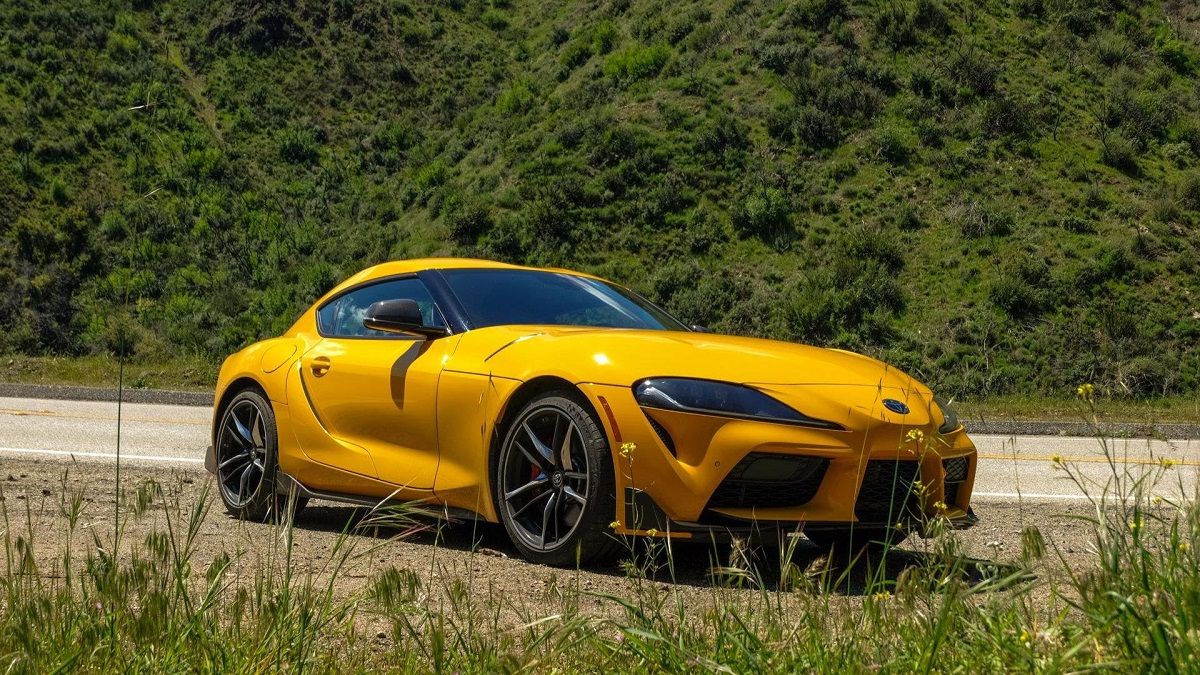Modern Toyota's sports car promise everything brand enthusiasts could have wanted: beautifully executed exteriors, ergonomic interiors and turbocharged engines. Even people complaining online about the platform and motors can't dampen the feeling that Toyota offers something highly desirable. While other car manufacturers axe their sports car programs, this Japanese brand doubled down on fun.
In 2018, Toyota announced a recall of 2.4 million vehicles worldwide because of a fault in a system that caused power loss. There is no doubt that this brand has produced some good cars, but it has made mistakes as well.
Toyota sports cars are head-turners. People will stare and fans will knock on the window. But the sports car market isn't what it used to be anymore. Toyota has to cut costs where it can. It has to keep their cars in a respectable price range. Here are the glaring problems with Toyota's sports cars.
15 Toyota Barely Wins Races
Toyota is known for being inconsistent and sporadic, and that's why it has barely won any races. Other brands – Porsche, Audi, Ferrari – are there every race, every season. Their cars don't fail under stress. Their engineers live by this stuff, and they use their knowledge to build sports cars. And Toyota doesn't.
14 No Manual Transmission
In keeping with Toyota tradition, the power is often sent to the rear wheels. However, instead of a highly requested manual transmission, the Japanese manufacturer offers automatic options. That's tragic when you think that many other brands have manual transmissions that work with their motors. BMW's sports cars are a great example of that.
13 Their Cars Are Expensive
Car enthusiasts who would opt for a $25,000 Celica All-Trac would see an Eclipse GSX for less and go to the Mitsubishi dealer. Dealers would often offer even better pricing for the Eagle Talon TSi, with a longer warranty. At the same time Toyota sells the Celica GT-S for $20,000.
12 Toyota Often Gives Up On Its Cars
Toyota barely takes on upstarts. Instead, the brand gives up in a typical Toyota fashion and lets the car languish to the point of irrelevance once the market starts to change. It's happened many times. The Honda Prelude, Ford Mustang and the 240SX could adjust to the changing demand, but Toyota couldn't.
11 Toyota Doesn't Build On Younger Buyers
Instead of building on the ride of younger buyers, Toyota abandoned them on a global basis. It strayed away from the five-year model cycles that yielded favorable demographics. The Toyota Supra, for example, was sold from 1993 to 2002 in Japan. Slow sales led to its cancellation in the US in 1998.
10 Their Sports Cars Are Unpredictable
One of the glaring problems with many Toyota's sports cars is that there is no consistent breaking point, and therefore no handling predictability. Sometimes, Toyotas give up at a certain speed. These parameters vary from car to car. Some drivers can keep their cars planted, while others have the tires that break loose.
9 Common Problems With Differentials
Toyota constantly struggles with their e-differentials. It never feels like it's fully confident in what it's doing. This leads to another problem: power gets pushed to wheels in unequal doses. The suspension geometry doesn't feel right; handling is sticky once you heat up the tires but getting there takes time.
8 Toyota Doesn't Know How To Attract Car Enthusiasts
Do you remember the Celica? This was the last sporty '90s Toyota. However, it only received a slight redesign in 1994 with the underpowered powetrain carried forward. It had the same transmission and engine as the Camry. It offered the same boring acceleration and performance. This behavior would pave the way for future vehicles.
7 Only Top Models Receive Powerful Engines
Sports car should be quick and powerful. However, only top Toyota models have the mighty engines and the best powertrains while the rest of the line-up utilizes whatever materials could be found, regardless of their competitiveness. Compare this behavior to Ford that gave the Mustang a $750 million resurgence that would improve the entire lineup.
6 Toyota Doesn't Understand The North American Market
When Toyota came to America, it mistook the two-door market as being the only one that would matter in the future. The company was losing a key audience as time went on. At the same time, new cars like the Nissan Altima and the Mazda 3 would become a success.
5 Toyota's Sports Cars Get Beat Up By Rivals
Ford offers cool GTs and ZXs, Honda has SIs, Type Rs, TSXs and RSXs. Volkswagen rolls out everything from GTIs to W8s. Even Chrysler attracts enthusiastic buyers with Hemis and SRTs. At the same time, Toyota offers sports cars with old engines that get beat up by all rivals. Many Toyotas are a one-generation footnote.
4 Toyota's Cars Have Poor Alignment
A video from Manthey Racing revealed that the new Toyota Supra has poor alignment and odd camber angles. People also say that the Supra is prone to understeer. Customers complain that the Supra wouldn't hold the line through fast turns, refusing a driver's request. It often happens on twisty roads.
3 Airbag Problems
Safety is a major concern for buyers, and other car manufacturers spend a lot of time and money on it. Toyota's sports cars are expensive, so we should reasonably expect that they will be safe. In 2016, however, many Toyotas were recalled because of problems with the airbags. They just failed to deploy.
2 Faulty Brakes
Between 2007 and 2012, thousands of Toyotas were recalled because the brake problem was so significant. Many people claimed that brake problems had led to their car crashing. In 2009, one Toyota car crashed head on into another vehicle and injured two people. Toyota said there was a software glitch.
1 Engine Blowouts
The Toyota Supra is one of the brand's most successful cars that made a return in 2019. This is a cult classic featured in video games and Fast and Furious movies. Not every Supra is so awesome, though. Many versions have more than a few glaring problems, such as a tendency of engines to fail.

